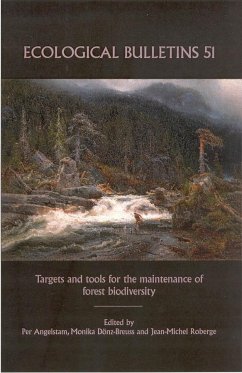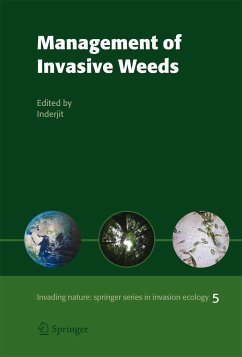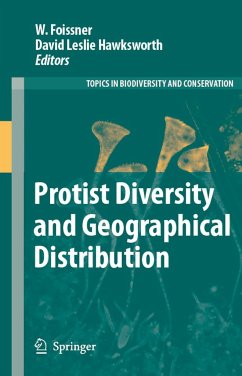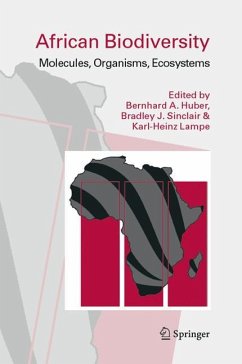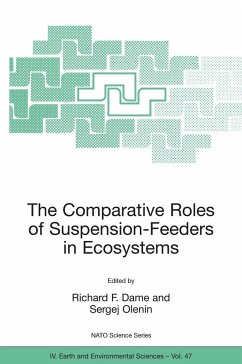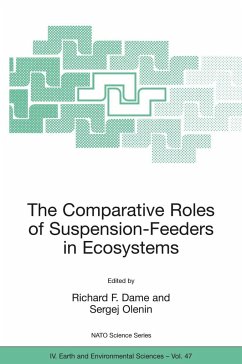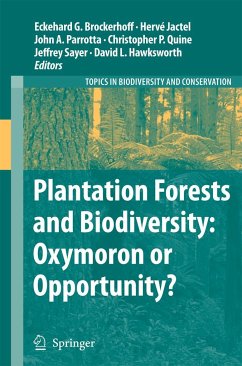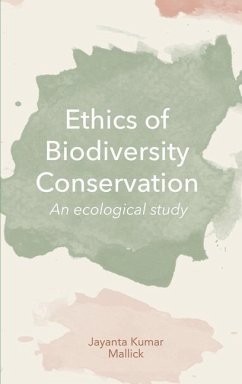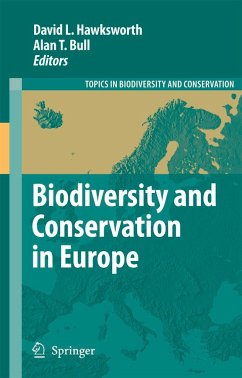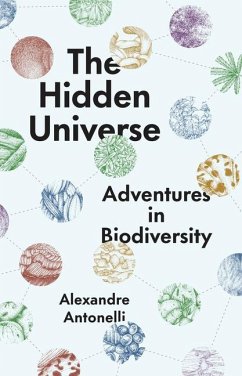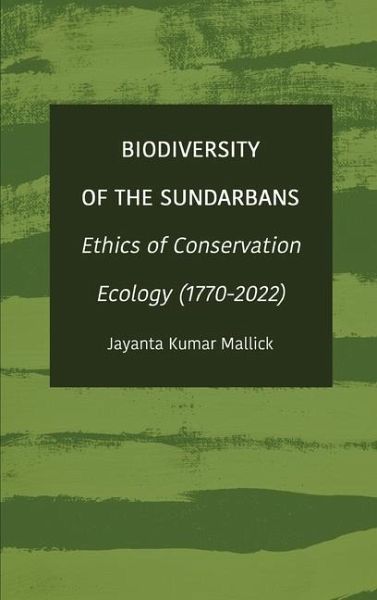
Biodiversity of the Sundarbans
Ethics of Conservation Ecology (1770-2022)
Versandkostenfrei!
Versandfertig in über 4 Wochen
118,99 €
inkl. MwSt.

PAYBACK Punkte
59 °P sammeln!
This book brings together 45 years' worth of experience-derived information about more than 7,000 micro- and macro- species, which form the unique bio-diversity of the world's largest mangrove ecosystem, as it struggles against the natural and anthropogenic threats. Up to 1770, the estimated area of Sundarbans was around 36,000 km2, but has reduced over time to 25,000 km2, due to reclamation. This loss and the related degradation of habitats has caused historical species extinction and population decline. Whereas biodiversity conservation within and beyond the protected areas has been the watc...
This book brings together 45 years' worth of experience-derived information about more than 7,000 micro- and macro- species, which form the unique bio-diversity of the world's largest mangrove ecosystem, as it struggles against the natural and anthropogenic threats. Up to 1770, the estimated area of Sundarbans was around 36,000 km2, but has reduced over time to 25,000 km2, due to reclamation. This loss and the related degradation of habitats has caused historical species extinction and population decline. Whereas biodiversity conservation within and beyond the protected areas has been the watchword since the 1990s ("biodiversity, aesthetic values and integrity"), the initial two hundred years of imperial and post-colonial forest management focused primarily on revenue and production forestry, to the detriment of the ecology of the area. It will be of interest to researchers, in zoology, botany, ecology and conservation, as well as professionals, such as foresters, environmentalists, conservationists, resource managers, planners, government agencies, academic institutions, NGOs and naturalists. --





